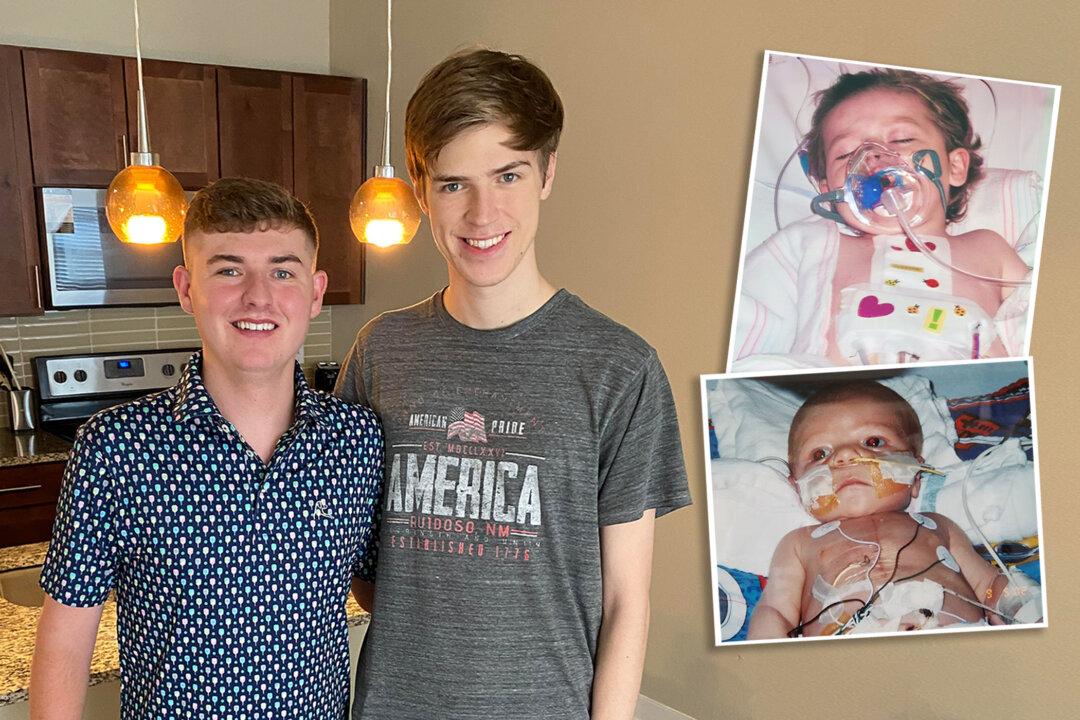Twenty-one years ago, two moms pregnant with babies with the same rare heart condition met in the wake of their heartbreaking diagnoses. Both women leaned on faith and championed their unborn babies, who later met, became friends, and supported each other through their unique experience. Today, they are college roommates.
Tate Lewis of Paris, Texas, and Seth Rippentrop of McKinney, Texas, both 21, attend the University of Texas at Dallas. Tate studies business administration and plays for the golf team. Seth studies physics. Seth plans to pursue a Ph.D. in astrophysics research next spring. Tate would like to start a foundation to help other young people with congenital heart defects find work.





